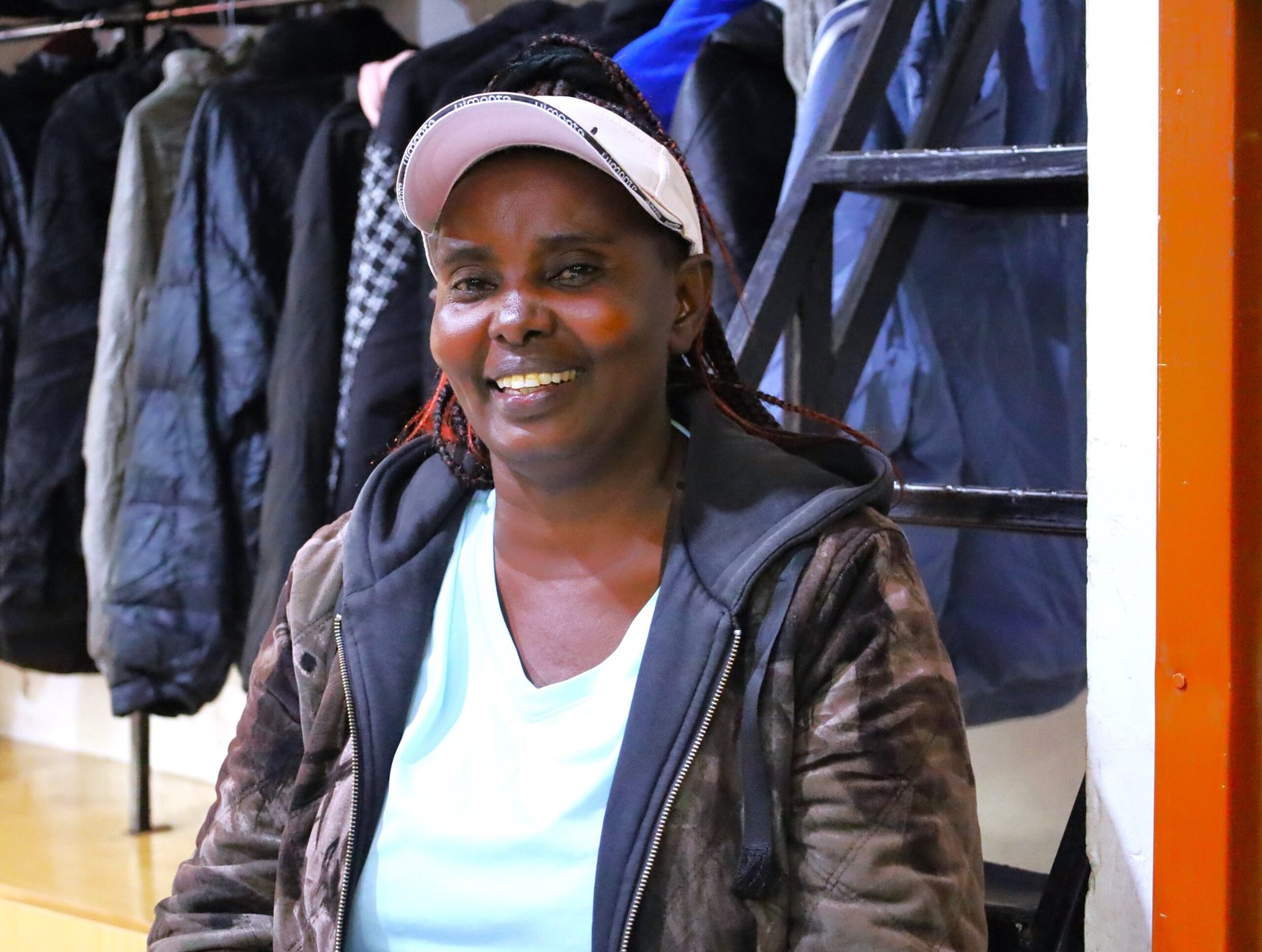Emergency responses in Nakuru Town are taking a new turn. For years, residents struggled to receive timely help during moments of crisis. Survivors and even Community Health Promoters (CHPs) would identify cases early and respond to relevant county departments, awaiting assistance. By the time help arrived, situations had often escalated, leaving families and victims to handle the distress on their own as the responses were often delayed.
To address this, a Community Health Promoter trained in Psychological First Aid (PFA) under MIDRIFT HURINET mobilized stakeholders within Nakuru Town East and formed a community-led rapid response network known as ‘Sisi Kwa Sisi’. The network brings together CHPs, Nyumba Kumi members, boda boda riders, church leaders, village elders, youth leaders, and local administrators who work collectively to provide immediate emotional and practical support to people in distress.
“Through PFA training, I learned how to identify people in distress and how to mobilize community support around them. I reached out to people who shared the same commitment and we formed a network. We use what we have, sometimes it is just accompaniment, transport to the hospital, visiting someone who is injured, or helping them report to the police. We act fast and we support each other,” she shared.
The network, consisting of 83 community stakeholders, pulls its own resources, supporting each other to respond to both psychosocial and physical needs in Biashara ward, offering a safe space for community members to debrief and make referrals for additional mental health support. They not only bridge the gap existing in the system but also shorten response time, restoring a sense of urgency and protection in a high risk setting, creating a significant shift from reliance on top down county systems to proactive, community-led response.
For the first time, the community didn’t have to wait for external help; they could mobilize themselves. The initiative bridged the gap between training and action, creating a locally led system of protection that was faster, more responsive, and more trusted by residents. This saw a continuous growth, with increasing numbers of residents seeking help and giving testimonials of the lifesaving support received from the team, further building community trust in the support group.
The network marked a significant shift from relying solely on county systems to adopting a proactive, community-led approach. The CHP transitioned from being system-dependent to a self-driven leader within the community. “We’ve learned that we can achieve much more for our community when we take the lead in addressing issues, rather than relying solely on county government. Since we started our initiative, we’ve been able to respond to more cases, support those in need, and prevent emergencies from escalating. The community now trusts and depends on us,” she said.
By decentralizing responses from the county government and anchoring them within the community, this network ensures faster interventions, promotes trust among residents, and enhances resilience and community ownership in Nakuru town. The shift from a reactive to a proactive approach is crucial in transforming vulnerable communities into safer, healthier, and more resilient ones.
Beyond rescue missions, the network, through its members, also offers free counseling for all survivors and their families. Since the formation of this network, members of the ‘Sisi Kwa Sisi’ response network have resolved more than 10 cases involving GBV and health crises in Biashara ward.



